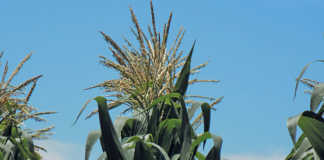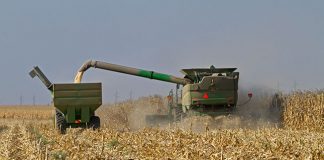This was according to a recent study by the World Resources Institute (WRI) and the United Nations Environment Programme (UNEP). The study, Reducing Food Loss and Waste, which also drew on research from the Food and Agriculture Organisation (FAO) said globally, about 1,3 billion tons of food was lost or discarded annually. According to the study, which was released yesterday (5 June 2013) during World Environment Day, the situation posed a serious challenge to the world’s ability to reduce hunger and meet the food needs of the rapidly-expanding global population.
The report stated that the world would need about 60% more food in 2050 than it needed in 2006. This year’s environmental day theme was “Think.Eat.Save – Reduce Your Foodprint”. The study also showed that more than half of the food lost and wasted in Europe, US, Canada, and Australia was at the consumption stage, while in developing countries, about two-thirds of the food lost and wasted occurred after harvest and storage.
By halving the current rates of food loss and waste, the study suggested that, it would reduce the world’s food demand by one fifth by 2050. “This would also result in major savings in water use, energy, pesticides and fertilisers, and would be a boost for global food security,” the report stated. The study suggested that by replicating and expanding on methods such as community food banks in Australia or the usage of metal grain silos by farmers in Afghanistan, the loss of food could be reduced significantly.
The study also showed that water used to produce lost or wasted food globally each year could fill 70 million Olympic-sized swimming pools, while the amount of cropland used to produce wasted food was equivalent to the size of Mexico. “Some 28 million tons of fertiliser are used annually to grow this lost and wasted food,” said the study.
Mohamed Kajee, FoodBank SA managing director said a study done by the Human Science Research Council (HSRC) last year indicated that SA wasted about 9 million tons of food annually. Kajee said the Food Bank SA only collected and distributed about 6 million kilograms of food annually. “SA should avoid this type of wastage,” said Kajee. However, he said the majority of the food wasted was done deliberately to avoid money loss by food manufacturing companies, retailers and farmers to avoid a drop in price.











